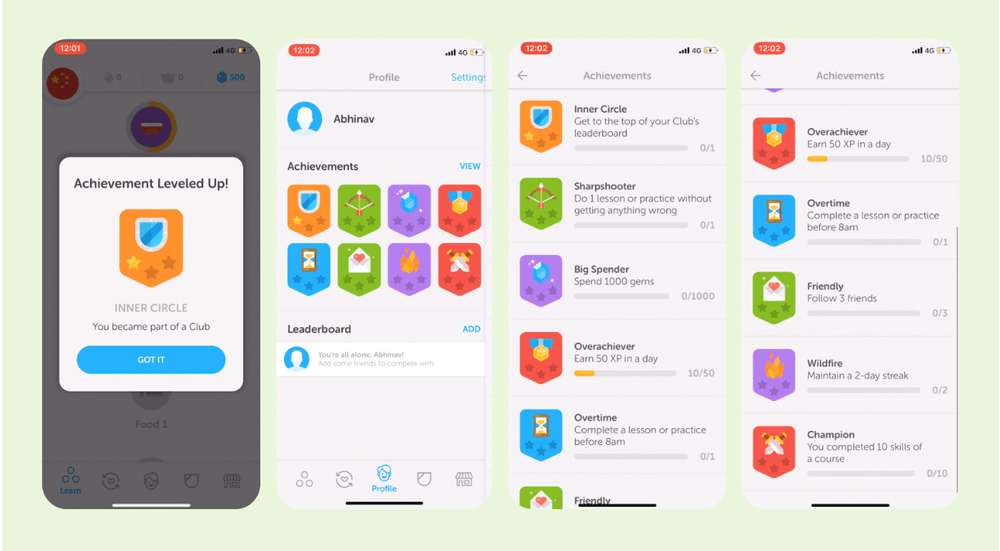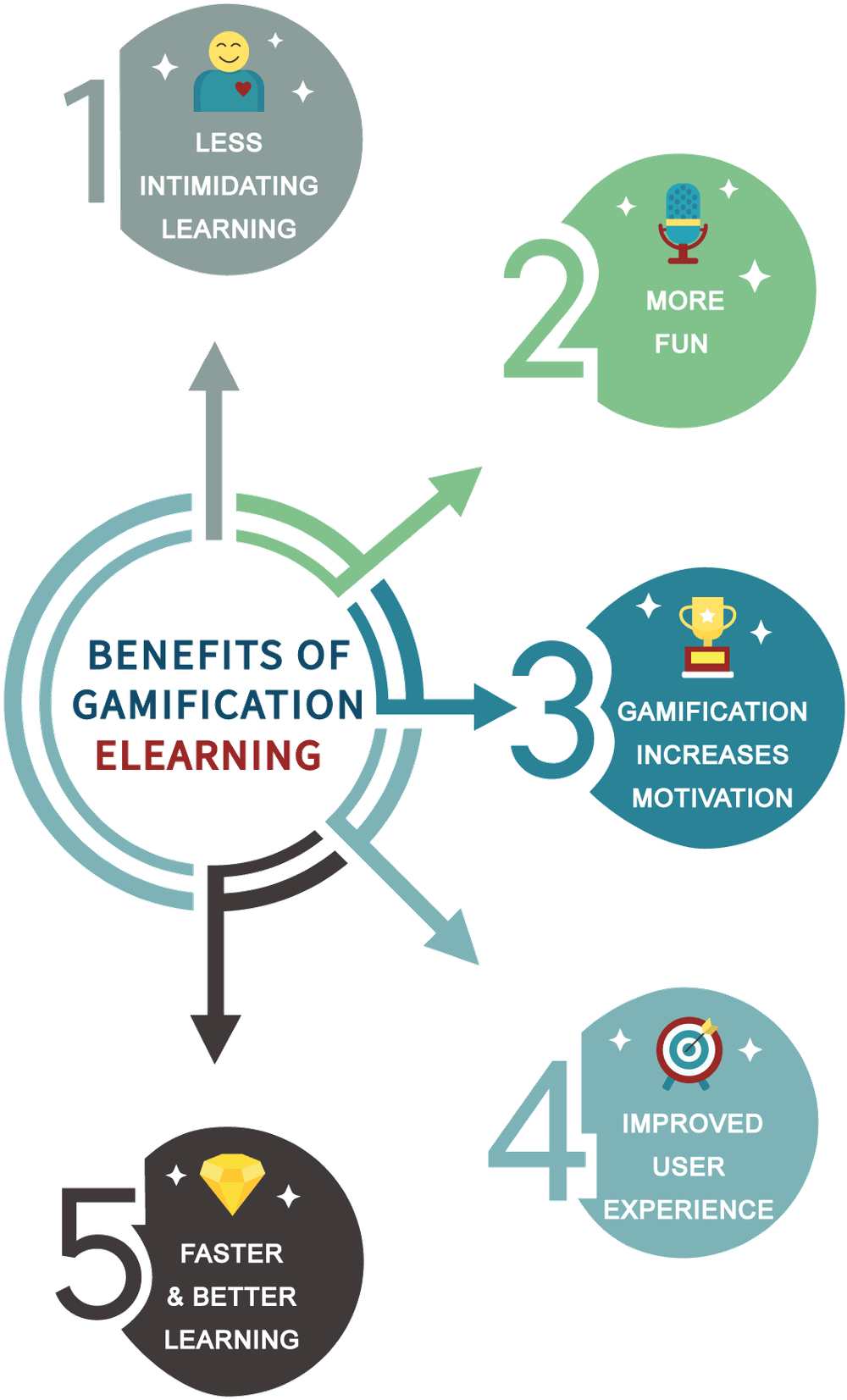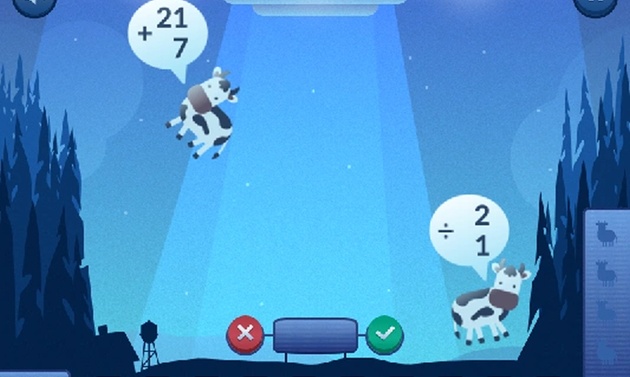Gamification is a term that has become increasingly popular in recent years. And it is considered a great content strategy that is worth giving attention to. Gamification is applied in eLearning to improve the participation and performance of learners. Schools and corporate learning programs adopt gamification as a process and performance enhancement strategy.
This research report shows that 90% of employees say gamification makes them more productive at work. And 67% of students agree that gamified learning is more engaging and motivating than traditional classes.
That said, what is gamification and why should you care? In this article, we’ll cover everything you need to know about gamification in eLearning, from what it is, how it works, the benefits, how to implement it, and some examples of gamification in eLearning. Let’s dive right into it!
What is gamification in eLearning?
Gamification in eLearning means the incorporation of game-like elements into a non-game process or environment. Examples of game-like components are leaderboards, point systems, hierarchy, awards, and more.
The primary purpose of adding gaming elements into processes or systems like eLearning environments is to make them more appealing and to encourage learners to stay engaged.
This is not about creating a video game alongside your eLearning course. The core purpose is to add game-like features to boost participation and performance. For instance, adding leadership boards can introduce some level of healthy competition to your eLearning environment.
This motivates learners to work harder to perform better than their fellows. And at the same time staying engaged and working towards their learning objectives. In the same vein, awarding badges to learners that hit the learning targets timely is an effective way to incentivize hard work. In addition, gamifying eLearning enables you to track learner progress.
Examples of gamification in eLearning
Having explained what gamification in eLearning looks like, let’s explore some real-life examples:
1. Awarding of Badges in Duolingo
Duolingo, a language mobile app, uses gamification to encourage users to stay committed and work harder. It makes learning a new language fun and engaging. learners are awarded «Wildfire» badges.
When a user uses the app three days in a row, they get their first wildfire badge. The second badge is earned after completing a 7-day streak. And the third is awarded to users after completing a 14-day streak. Learners get to level 10, the highest level, after using the platform every day for one year.
Rewards offer affirmation and recognition to learners. Offering rewards makes users proud of their progress and gives them something to show for their time and energy. In addition, it can be a source of healthy competition among friends.

2. Learning programming with puzzles
Some leading coding tutorial platforms are leveraging gamification to make learning coding more fun. Given how daunting learning how to program can be, a JavaScript education platform known as Grasshopper uses puzzles to help users assimilate what they learn.
After concluding a course, learners are required to complete a short puzzle game. The quick puzzle is designed to help them remember what they learned. It turns skill assessments into simple games, making the entire process less boring and hard to learn.
How to use gamification in eLearning and corporate training
There are many ways you can add gamification to eLearning and corporate training. Let’s take a look at two ways to incorporate game-like elements into your learning system:
- Earning badges
Everyone wants their accomplishments to be recognized and rewarded. Adding gamified assessments to your eLearning course can make it more engaging and enable learners to have some fun. Award learners with badges after they complete objectives. It offers people something to be proud of upon going through a course.
- Competitions
Healthy competition is good. It can help learners to stay committed while seeking to outperform others. Include leaderboards; it will enable learners to rate their performance and compete with their peers.
Benefits of gamification in eLearning
Gamifying eLearning comes with undeniable advantages. When you implement gamification properly, it has the potential to reshape your entire eLearning system and set the pace for massive success. Here are the key benefits:

1. It Makes Learning Less Intimidating
Learning how to code can be extremely. Programming is difficult, especially at the beginning. It’s common for people that are getting started to abandon it due to how tough it is. Coding education classes are making it less intimidating by integrating gaming elements.
Improving lesson assessments with puzzles and other game-like elements lightens the burden of learning how to code — thereby making learning less intimidating.
2. It Makes Learning More Fun
Effective learning is difficult when the learner isn’t enjoying the process. One of the proven ways to enhance engagement and performance is to make the learning process as fun as possible. With gamification, you can make learning less boring with additional activities. Spice the entire process up and break down lessons into less intimidating, enjoyable bits.
3. Gamification Increases Motivation
Awarding badges and including leaderboards can motivate learners to work harder. Just as seen with the real-life examples above, the users of Duolingo are motivated to use the app because their efforts are rewarded and recognized. If you’re looking to motivate your learners, gamification is the way to go.
4. It Improves User Experience
User experience determines whether learners will stick around or leave for good. So, optimizing user experience is the way to go if you want to run a successful electronic learning platform. The effect of making learning less intimidating and more fun is improved user experience.
5. Faster and Better Learning
With an enhanced learning process and user experience, people can learn faster. For instance, learning programming with puzzles helps people to understand better and learn faster. Instead of dealing with complex coding assessments, gamification simplifies the process and makes it easier and faster for newbies.
Conclusion
Online learning gamification helps to make learning more accessible and more fun. Several studies have proven that students and employees prefer gamified digital learning to the traditional method. This is because it comes with activities and incentives that boost motivation and make learning enjoyable. Are you looking to improve your eLearning system? Incorporating game-like elements is a great idea.
Here at Aristek, we’re in the business of helping companies and academic institutions with eLearning gamification solutions. No matter the type of digital learning platform you have, we can help you integrate suitable game-like elements.
We provide custom-tailored eLearning software development services for schools and organizations across the globe. Contact us today to learn more about our services.





